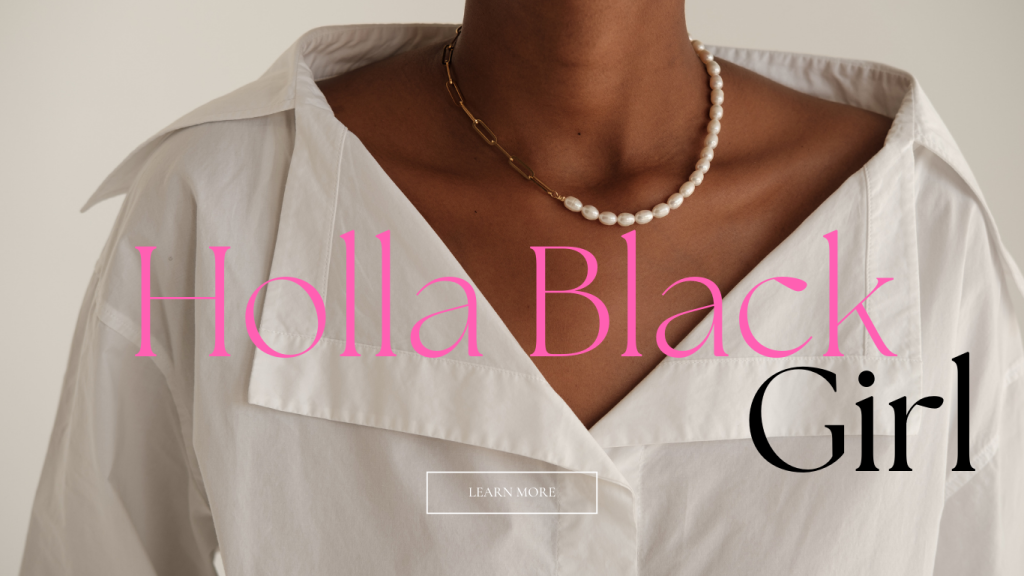On September 24th, 2024 Khaliifa Marcellus Williams was executed in Missouri. DNA cleared him. The prosecutor cleared him. The family of the harmed cleared him. Yet, still—his life was taken. Lynched in a modern ritual dressed up as justice, witnessed by the gathering crowd as though we haven’t seen this story before. But we have.
And Khaliifa saw it too. Saw it from his cell, from the space between the bars. He saw his fate, saw the injustice in his own death, reflected back to him through the suffering of people across the world. So he wrote. He wrote because when the body is caged, the soul refuses to be. His words, his last testament, were not just for us—they were for the children of Palestine, for those whose smiles, despite the unrelenting violence, have become symbols of survival.
Despite everything.
Khaliifa’s poem, The Perplexing Smiles of the Children of Palestine, is not merely a cry for empathy; it is a mirror—a reminder of what connects us. How different is the State that executes an innocent Black man in Missouri from the one that funds the bombs that fall on Gaza? How different is the crowd gathered to watch a man die from the drones that hover over children as they sleep?
Here are Khaliifa’s words:
despite the actions of the few,
and excessive retaliation,
drones, planes, bombs, tanks, rubble, buildings demolished,
vanished houses and neighborhoods, hospitals targeted,
U.N. shelters disrespected,
murder,
death,
deliberate killing of noncombatants, babies buried alive, amputations,
hunger and political starvation, lack of or no water, strategic sanitation,
daily terror, and terrorized daily, military maneuvering, moving here and there,
to return back again to nowhere, trauma with all its manifestations,
international parleys and hesitation, defiance to the realization of two nations,
global aid thwarted, global amnesia,
siblings and relatives gone forever, parental worries –
in the face of apex arrogance and ethnic cleansing by any definition…
still your laughter can be heard
and somehow you are able to smile
O resilient Children of Palestine!
The laughter that Khaliifa describes is not the laughter of joy. It is the sound of defiance, echoing across borders, languages, histories. It is the same laughter that rang out when George Stinney, just fourteen, was electrocuted by the state in 1944. It is the same laughter that pierces the night in Gaza when drones circle overhead, but children still manage to dream. It is the laughter of survival in the face of annihilation.
Our struggles, like our freedoms, are intrinsically linked.
Khaliifa knew this. And his poem doesn’t ask for your pity—it demands that you wake up. To see the blood that ties Ferguson to Gaza, St. Louis to Lebanon, Missouri to Palestine. It demands that you recognize the same tools of violence: the drone, the gun, the bomb, the noose.
So what now? What do we do with this? We cannot bring Khaliifa back. We cannot resurrect the dead children buried beneath the rubble of Gaza or undo the horrors inflicted on Black and Brown bodies across this world. But we can refuse to be complicit. We can refuse to sit in silence as spectators.
The poem is not an elegy. It is a call to action.
It calls us to stop pretending that what happens “over there” is disconnected from what happens here. To see that the same government that sanctioned Khaliifa’s execution pours billions into the massacre of innocent Palestinians. This systemic violence parading itself as justice is all connected, whether we want to admit it or not.
We have a choice. We always do. We can turn away—say it is too much, too distant, too complicated–
Or we can face it.
Stand in the reality that our governments, our systems, continue to murder with impunity. Whether in the form of lethal injection or airstrikes, it is the same death, meted out in different languages but under the same justification: power preserved through violence.
Khaliifa’s final words, like those of the children of Palestine, will not be silenced. They live in the spaces between breaths, in the pauses before the bombs drop, in the silences that stretch between moments of horror. His poem lingers, asking us not to look away, not to accept his death, their deaths, as inevitable.
Do not let his life go unanswered.
Do not let the resilience of Palestinian children become another story of suffering you skim over on your feed. Their struggles, their survival, like Khaliifa’s, are a testament to our capacity for resistance, for love, for the refusal to let systems of violence have the last word.
Khaliifa understood this. He saw the connection, and now he has passed it to us. I guess that’s why I’m writing this–not to make sense of the madness–but to answer Khaliifa. He may not be with us in the same way anymore, but his voice is. His truth is. His message is.
What will you do with it?

Leave a Reply